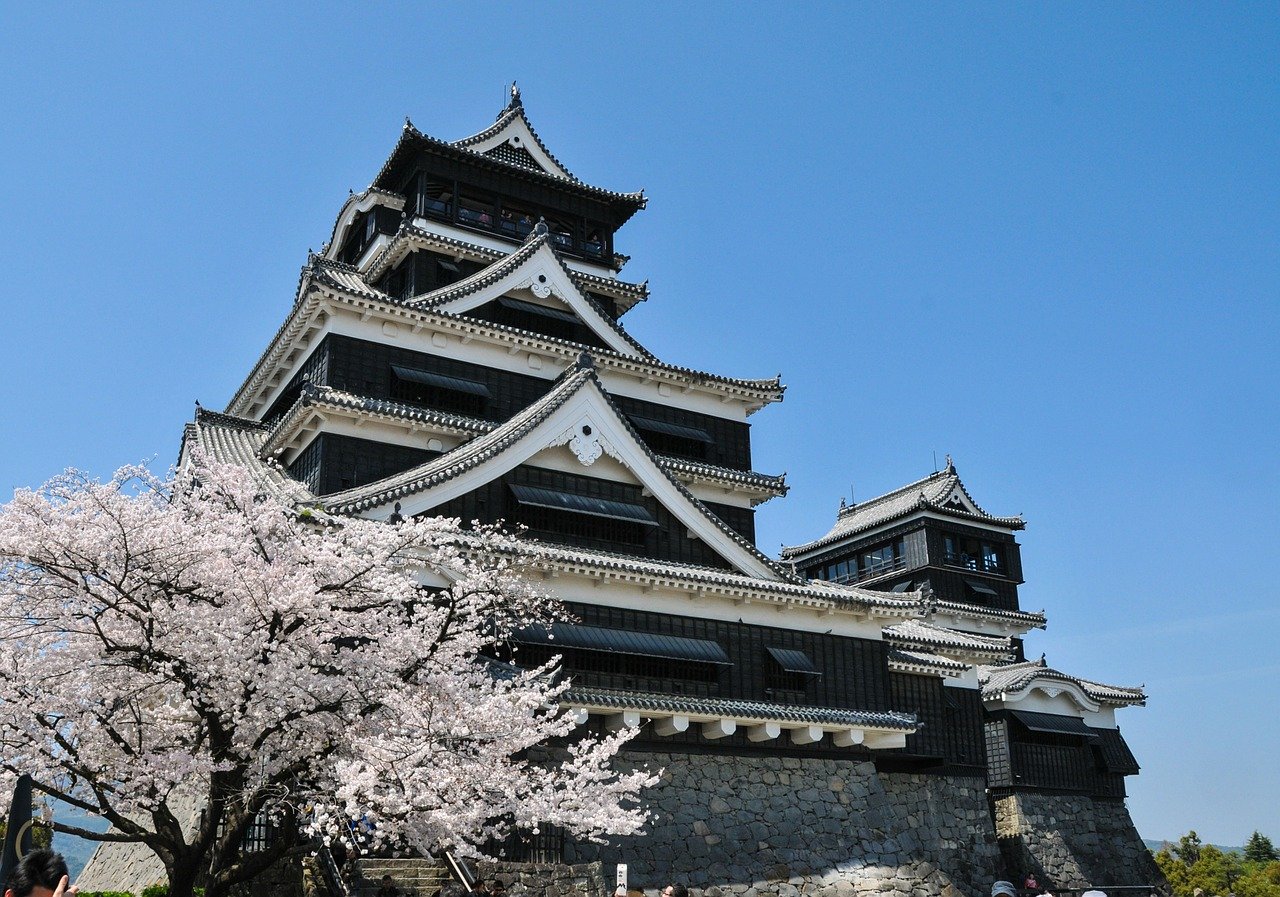春が来ました。Haru ga kimashita. Spring is here.
At long last, 寒い季節 samui kisetsu the cold weather and 冬の短い日々 fuyu no mijikai hibi short days of winter are over, at least in the northern hemisphere. Even if other things going on in the world are not very happy, at least we have the spring to enjoy. And that means 温かい季節 atatakai kisetsu the warm season, 日が長くなります hi ga nagaku narimasu, the days get longer, 明るくなります akarukunarimasu, it gets brighter, and of course たくさんのきれいな花 takusan no kireina hana lots of beautiful flowers. So, let’s cover some happy, bright vocabulary to help you talk about the spring in Japanese.
暖かくなりました atatakaku narimashita The days are warmer
The best thing about spring is probably いい天気 ii tenki the nice weather and きれいな太陽の光 kireina taiyou no hikari the beautiful sunshine. Hopefully you’ll find plenty of occasions to say:
- 天気がいいです。
Tenki ga ii desu.
The weather is nice. - 今日は暖かいです。
Kyou wa atatakai desu.
It’s warm today. - 今日は晴れです。
Kyou wa hare desu.
It’s sunny today. - 空が青いです。
Sora ga aoi desu.
The sky is blue. - 日が照っています。
Hi ga tetteimasu.
The sun is shining.
日が長くなりました。Hi ga nagaku narimashita. The days are longer
Every year after 時間を進めます jikan o susumemasu we turn the clocks ahead we immediately have an hour more of sunlight. Which of course means:
- 日が長くなります。
Hi ga nagaku narimasu.
The days are longer. - 夜が短くなります。
Yoru ga mijikaku narimasu.
The night is shorter. - 日が沈むのが遅くなります。
Hi ga shizumuno ga osoku narimasu.
The sun sets later. - 日が昇るのが早くなります。
Hi ga noboruno ga hayaku narimasu.
The sun rises earlier.
Even if that one isn’t technically true, it seems that way. And spring is as much an attitude as anything else. Speaking of which…
幸せです。Shiawase desu. I am happy!
It’s no exaggeration that many people’s moods change in the spring. Everything is brighter and happier, so you might want to say:
- 今日は気分がいいです。
Kyou wa kibun ga ii desu.
I’m in a good mood today. - 春なので幸せです。
Haru nanode shiawase desu.
I’m happy because it’s spring. - いつもより元気です。
Itsumo yori genki desu.
I have more energy. - 調子がいいです。
Choushi ga ii desu.
I feel great.
自然 shizen Nature
In the spring you probably want to talk about 鳥tori birds, 花 hana flowers, and 緑の葉 midori no ha green leaves.
- 花が咲きます。
Hana ga saiteimasu.
The flowers are blooming. - 草木が芽生えます。
Kusaki ga mebaemasu.
Leaves are budding. - 鳥が鳴いています。
Tori ga naiteimasu.
The birds are singing. - 空気が気持ちいいです。
Kuuki ga kimochi ii desu.
The air is fresh.
Even if things are difficult, thinking about spring will hopefully bring 笑顔 egao a smile to your face.
Learn Japanese with the Language Garage
Check out our other posts on Japanese language, culture, and more. And if you’re looking for convenient and affordable live Italian lessons with a real teacher, check out The Language Garage. Our lessons are given online in a virtual classroom, so it doesn’t matter where you live or work – we can come to you. And we have flexible options, with a free trial so that you can decide if there’s a fit. Check us out!
Image by Kohji Asakawa from Pixabay






